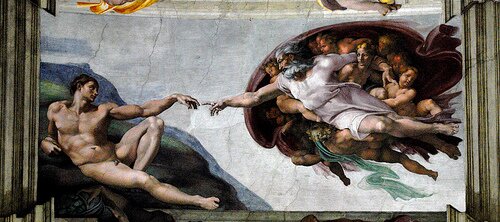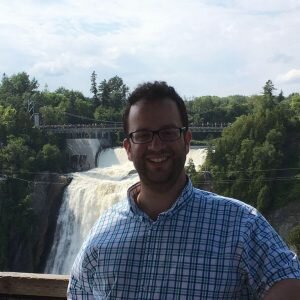Section I – Opening Remarks
Part 2: “A Search For An Authentic Life” by Alec Ott
Part 3: “Life-Changing Literature” by Chris Queen
Part 4: “To Know The Truth About The World” by Jon Bishop
Part 5: “The Long Road To Becoming An Essential Author” by David M. Swindle
Section II – Dialogue
Part 6: “If You Love Western Civilization, You Will Love God” by Fred Tribuzzo
Part 7: “Why God Does Not Want You To Worry About Anything…” by Alec Ott
Dear Chris,
I really liked your reflection on The Great Good Thing. I actually took a Bible as literature course in graduate school and found it really helpful, because it made me less afraid to analyze the Bible. And it also showed me I had to read everything in it closely. Otherwise, I’d miss important details.
As you pointed out, the Bible is filled-rich literature: “the dramatic account of Job’s plight,” the “astounding beauty of the Psalms,” Paul’s letters, and so on. So it’s unsurprising that Klavan, as have many other writers and artists, made the Bible his muse. And that, in part, led to his spiritual awakening.
Creative people who are religious — or not, you don’t have to be religious to appreciate the Bible — should consider reading it in this way. The Bible remains a rich source to draw from for poetry or short stories or novels or essays. And it’s also, of course, filled with wisdom.
I’ll say this: when I’m asked to read at Mass, I usually have to prevent myself from gasping or stopping the reading altogether. I always end up thinking: “This is beautiful, gorgeous writing. And I can’t believe how right this text is about human beings.”
And as Klavan noted in The Great Good Thing, “a story records and transmits the experience of being human. It teaches us what it’s like to be who we are.”
The Bible is a catalogue of humanity’s attempts to reconcile with God, culminating with the Word becoming flesh and dwelling among us.




Comments
Leave a Reply